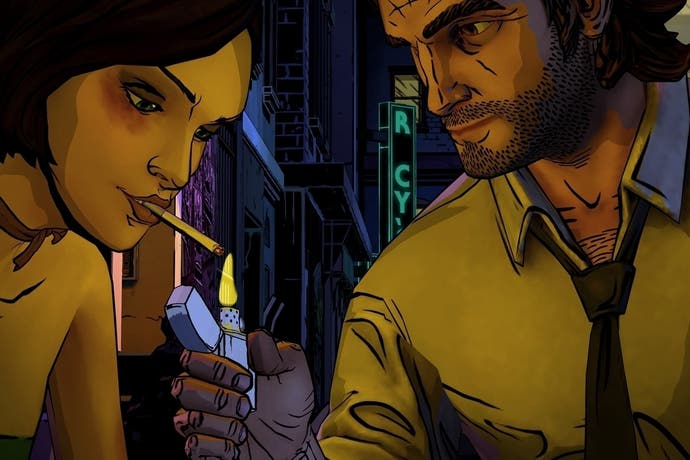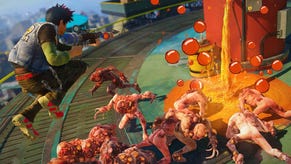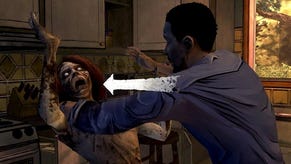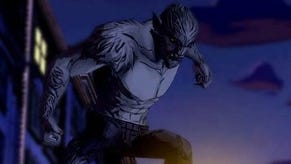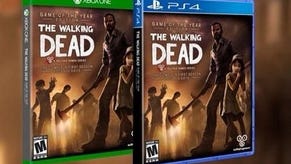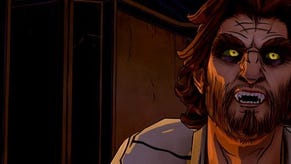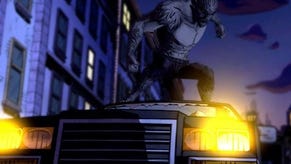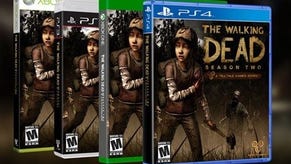The Wolf Among Us, Epsiode 1: Faith review
Lycan tropes.
Telltale Games has been trying to reinvent the point-and-click adventure since 2005, when it first adapted Jeff Smith's wonderful Bone comic book. Over the intervening years many licenses have come and gone - CSI, Back to the Future, Wallace & Gromit - and each had their pluses and minuses.
Last year, with The Walking Dead, Telltale finally cracked it, updating the genre mechanics with the immediacy of a casual game and a hitherto unseen depth of storytelling. We'd had moral choices in games before, of course, but never delivered with such paralysing, life-and-death urgency. Awards, quite rightly, followed.
Having found the winning formula, the studio is sticking with what works for The Wolf Among Us, its interactive adaptation of Bill Willingham's graphic novel series, Fables. Both in visual style and gameplay construction, this is very much a partner piece to The Walking Dead, bearing a creative fingerprint as distinctive as anything that came out of LucasArts in the 1990s.
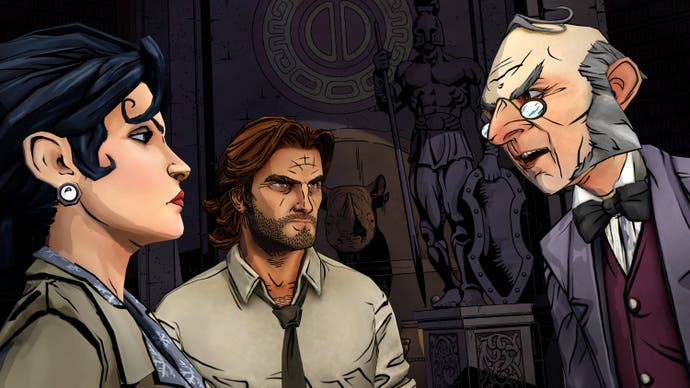
Yet in terms of subject matter, The Wolf Among Us couldn't be more different. In the world of Fables, all manner of mythical and fantastical characters have been exiled from their fairy tales and forced to set up home in the Bronx, in a makeshift community called Fabletown. Hiding themselves from human view using magic spells called Glamour, they do their best to make ends meet now that "happy ever after" is no longer an option, while those who can't pass for normal or can't afford the magical disguise are forced to live upstate in a prison-like enclave called The Farm.
Don't worry if you've not read the comics, however. Not only is the game set 20 years before the events of the first graphic novel, it also does an excellent job of introducing the characters and rules of this curious world without stopping for leaden exposition. If you are new, there's pleasure in spotting the famous characters in their new guises - whether it's Mr Toad as a sleazy slum landlord or Grendel as a belligerent barfly - while existing fans will appreciate the nods to the existing stories and the sumptuously faithful way Telltale has brought Willingham's fiction to interactive life.
You play as Bigby Wolf, former tormenter of little pigs and Red Riding Hood, now the partially redeemed sheriff tasked with keeping the peace between his fantasy peers. As with any Telltale game, the joy of the story is in the telling, but suffice to say it follows a hard-boiled noir detective track that starts off brutal and escalates, by the end of this opening chapter, into a bloodstained conspiracy that will have you chomping at the bit for episode two.
This is very much a partner piece to The Walking Dead, bearing a creative fingerprint as distinctive as anything that came out of LucasArts in the 1990s
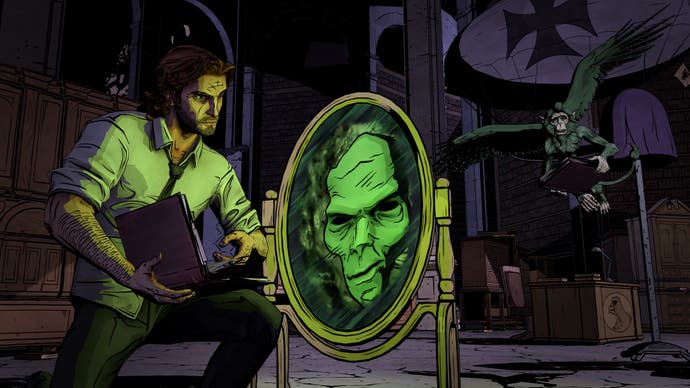
It's certainly an interesting game to play in the same week that David Cage's Beyond: Two Souls has divided the critical consensus. Both games take a similar, frictionless approach to narrative - the question is never whether you will reach the end, but rather what choices you'll make on the way - and when you peel it down to its bare components, there's not a whole lot of "game" in this chapter.
There are a handful of objects you can collect, but few need to be used and there's nothing you could call a puzzle. For a mystery story, there are no opportunities - at least so far - to do any actual detecting. Everything you can interact with is clearly marked, so there's little chance of missing anything important, which is both reassuring and limiting.
As with The Walking Dead, the emphasis is on how you react to things, with your responses colouring other characters' relations with Bigby. A fairy tale murder mystery doesn't have the same primal tug as a do-or-die zombie yarn, however.
While I agonised over every decision in The Walking Dead, for fear that saying the wrong thing would cost me a potentially useful ally against the undead horde, I never felt particularly bothered if Colin the pig or Mr Toad thought Bigby was an asshole. Maybe those nuances will prove essential in the remaining four chapters, but without the claustrophobic immediacy that horror provides, it seems like this will be a slow burn rather than an instant nailbiter.
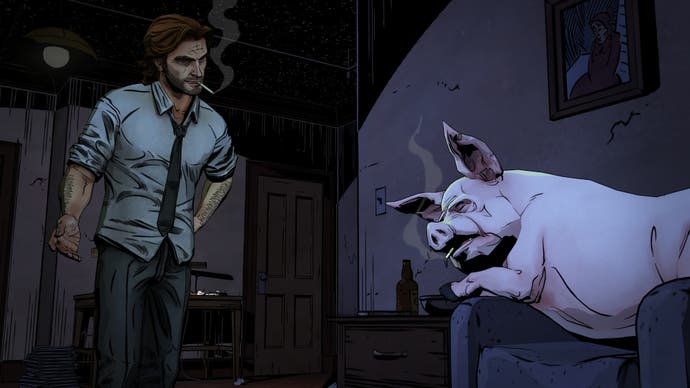
Where the game really stumbles is in its sporadic bursts of action. There are a couple of fights and one chase that rely heavily on QTEs, and they feel more akin to the fussy, distracting sequences from Telltale's underwhelming Jurassic Park series than the compelling scrambles for survival in The Walking Dead. You're never entirely convinced that the outcome truly depends on your inputs. Some are blatantly stacked against you, requiring Herculean button mashing or insanely fast reactions, not to test your skill but because the narrative requires Bigby to stumble or fail at certain points.
Such moments are thankfully both rare and brief, and the game is on much stronger ground when it comes to simply telling its story. The writing is funny or thrilling as needed, and the narrative is deliciously efficient, moving with the crisp, fat-free pacing of a true pulp detective novel. Interactive fiction requires a delicate balancing act between player agency and narrative momentum, and Telltale manages it with deceptive grace. There are moments when you'll feel like you're being moved along against your will, but these are rare.
Reviewing any episodic game on the basis of the first chapter is always problematic, because so much has yet to pay off. Certainly, in the absence of The Walking Dead's knife-edge emotional stakes, it would be good to see subsequent chapters raising the bar with regards to gameplay. As much as this episode is a joy for your eyes and ears, it does leave the grey matter in between fairly untaxed.
But, story-wise, I'm hooked. The characters are fascinating, the plot heavy with potential, and my faith in Telltale's skill is high. Consider this score a work in progress then, with the expectation that it will rise over the coming months as Mr Wolf's investigation deepens.
